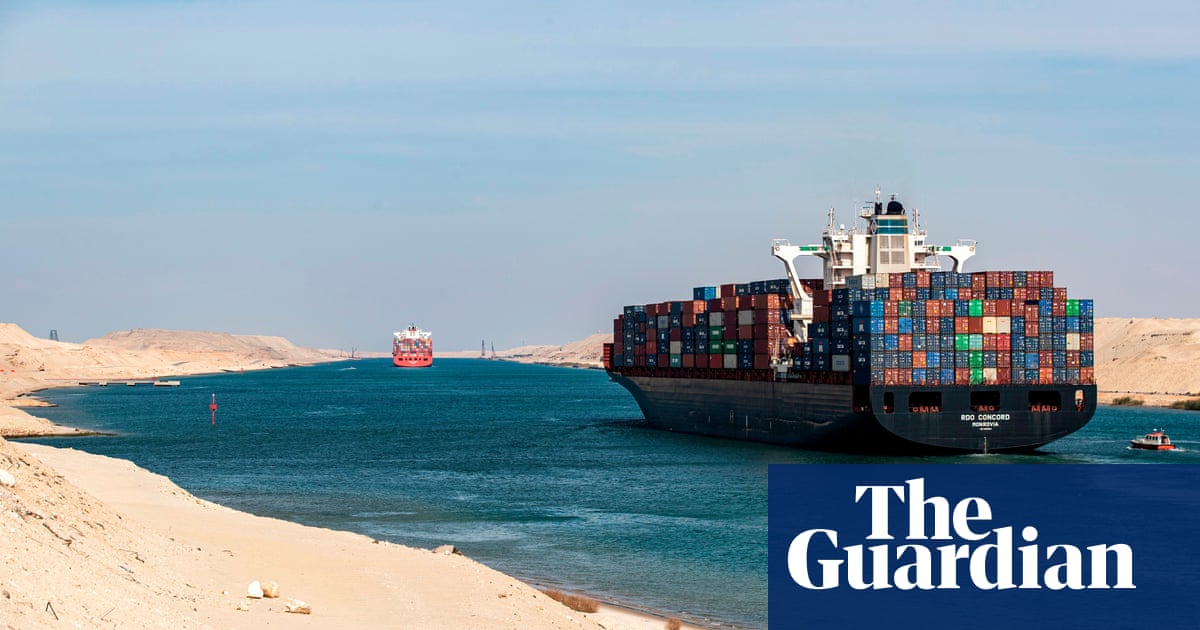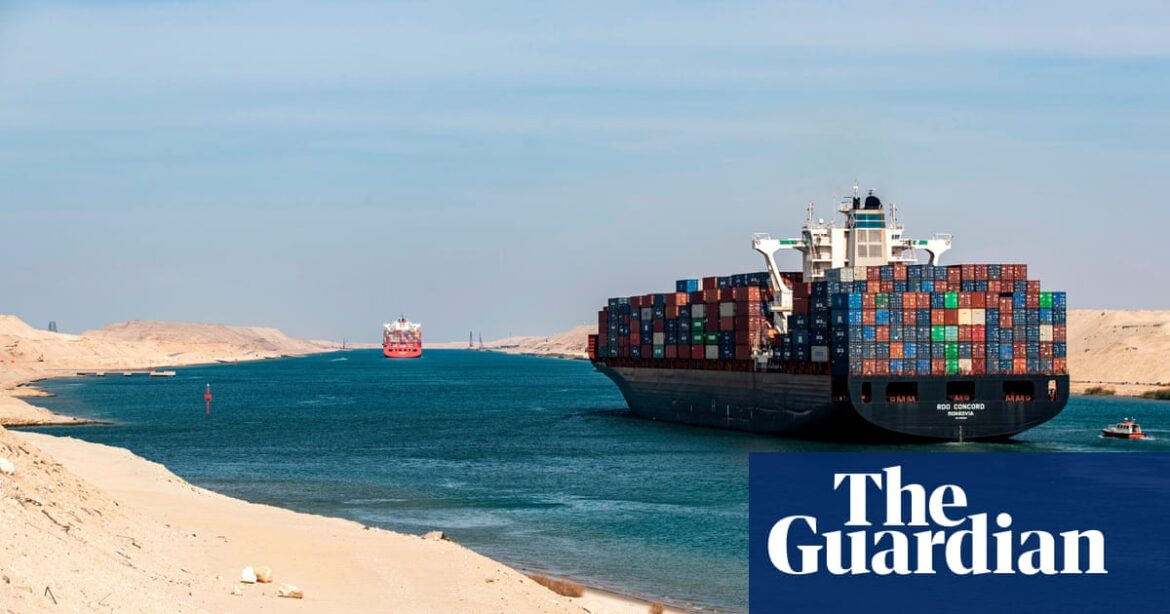
The manufacturing facilities in Britain have been impacted by disturbances caused by Houthi rebel assaults in the Red Sea. This has resulted in delays in shipping and contributed to increasing expenses. The CEO of Adidas also cautioned about the skyrocketing global freight rates.
A recent survey revealed that manufacturers in the UK have been facing increased challenges in their supply chains due to the Red Sea crisis. This has resulted in the diversion of shipments of necessary materials, parts, and products away from the Suez Canal.
According to the monthly survey conducted by S&P Global, the UK manufacturing industry continued to experience a decline in early 2024, with decreases in both output and new orders. This resulted in additional layoffs and reductions in purchasing and inventory levels.
The purchasing managers’ index, which measures economic activity, increased from 46.2 in December to 47.0 in January. However, it fell short of the initial estimate of 47.3. A reading below 50 indicates a decline in economic activity, while a reading above 50 suggests growth.
The Houthi rebels, located in Yemen and allied with Iran, have claimed responsibility for attacking ships in retaliation for Israel’s bombing of Gaza. Israel is responding to an earlier attack by Hamas, the governing authority in Gaza, on October 7th. The United States and United Kingdom have also carried out airstrikes against the Houthi rebels.
Several companies participating in the survey reported potential delays of 12 to 18 days for anticipated shipments. These delays are causing disruptions in their production timelines and could contribute to inflationary pressures. This is particularly concerning as businesses are already facing challenges due to low demand both domestically and internationally.
The CEO of Adidas, Bjørn Gulden, stated that the company’s profit margins would be impacted by shipping disruptions. He mentioned that high freight rates were causing costs to rise significantly and shipping delays were causing issues with deliveries.
Gulden stated that the spot rates are once again increasing. If you do not have a long-term contract or exceed your contracted amount, there will be additional costs as a result.
Currently, there is a delay of approximately three weeks, which is causing delivery problems, particularly in the European market.
Major shipping companies like Maersk and Hapag-Lloyd have changed their routes by avoiding the Suez Canal and instead travelling around the southern tip of Africa. This has resulted in longer trips and delayed delivery of manufacturing materials and products, such as clothing and shoes produced in Asia, to Europe.
According to Rob Dobson, the head of S&P Global Market Intelligence, the current situation in the Red Sea is making it difficult for companies to manage costs and stocks. This is because they are having to redirect their purchased materials, particularly those from the Asia-Pacific area, around the Cape of Good Hope, leading to higher prices and longer wait times from suppliers.
Go beyond the advertisement for the newsletter.
after newsletter promotion
The Suez canal typically processes approximately 12% of worldwide trade, with nearly half of the cargo being containerized goods. In addition, oil shipments use this passage from the Persian Gulf to reach Europe and North America. However, the ongoing attacks by Houthi rebels on container ships have led to a rise in crude oil prices.
The latest manufacturing survey by the Institute for Supply Management, released on Thursday, revealed that supplier delivery times have increased to their highest level in over a year. Additionally, the prices paid index has reached a nine-month high.
The manufacturing index rose to 49.1 in January after being at 47.1 in December, indicating a decrease in the sector’s decline.
Source: theguardian.com



